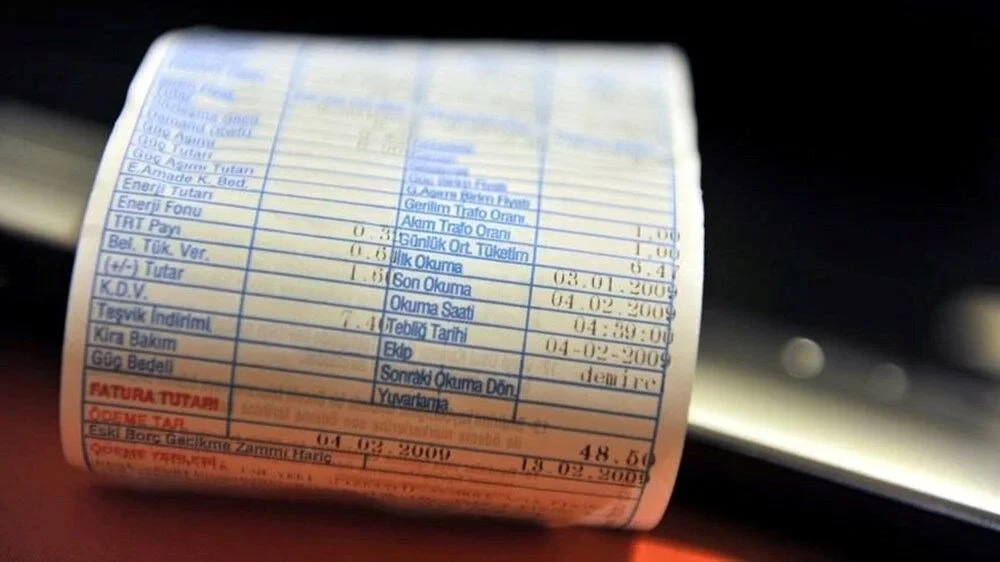Why Turkey’s 100% Wage Hike Is Too Little, Too Late
Though wages in Turkey have shot up 100 percent over the past year, labor organizations in the nation straddling Europe and Asia say the progress in pay is hardly enough for survival. Meanwhile, the 54.5 percent monthly minimum wage increase that president Recep Tayyip Erdogan instituted on Jan. 1 is the third hike over the past 12 months and is hitting manufacturers hard.
Turkey, the world’s seventh largest apparel exporter, is the third biggest for the European Union. Approximately 40 percent of its workforce is made up of minimum wage earners.
Trying to match runaway inflation in Turkey is tricky balancing act. According to the Turkish Statistical Institute, October’s annual inflation rate was 85.5 percent but unofficial estimates say inflation is far higher. Food prices have risen by more than 102 percent, and electricity is subject to 400 percent increases.
“The apparel industry is a labor-intensive industry. During periods of high inflation, there are significant increases in the minimum wage,” Can Fuat Gürlesel, economist and consultant, told Sourcing Journal.
Manufacturers are also feeling the squeeze.
Wages rose 50 percent hike in January last year to 4,250 Turkish lira ($226.97). Then a 30 percent hike on July 1 put monthly wages at 5,500 Turkish lira ($293.74).
As of Jan. 1, minimum wage earners won’t net less than 8,506.00 Turkish lira ($454.26) each month.
The per-month gross minimum wage, however, has increased from 7,603.43 Turkish lira ($406.76) to 10,008.00 Turkish lira ($534.47).
The impact on the sector is dramatic.
“Fabric and other inputs, energy, logistics, transportation costs are also increasing. Export prices do not increase as much as inflation and costs. For these reasons, high inflation negatively affects the apparel and textile sectors. Competitiveness and profitability are decreasing. Firms are shrinking and reducing their capacities,” Gürlesel said.
Manufacturers are up in arms.
“We’re just bracing for the real impact,” said Mehmet Kaya, board member of the Istanbul Apparel Exporters’ Association and owner of TYH Textile. “As the wages have been increased again, that’s affecting our cost in general. As costs are increasing, at the same time demand is reducing because of the recession all over the world.”
Mehmet Kaya said manufacturers are “crying” over the predicament.
“You know in any business there are good times and bad times, so we are just using our capacity as well as we can,” he said. “Some companies have locked down their factories for a while, because they cannot afford it, others have been forced to cut down on production time.”
The effect on the sector is not going unnoticed.
“While we are observing the welfare of more than 85 million citizens in determining the minimum wage that will be valid in 2023, we also want to ensure that the production will be maintained to maximize the Turkish economy’s potential,” said Nureddin Nebati, treasury and finance minister. “The government sees inflation falling to 24.9 percent by end-2023.”
The Turkish lira’s extreme depreciation over the past year also weighs on the sector along with the growing wage bill, setting off a currency crisis that saw the lira lose nearly half its value in a matter of weeks late last year. Turkey heavily depends on imports to cover its energy needs, which have been badly impacted by the Russia-Ukraine war.
Industry analysts are looking at whether the wage hikes increase the threat of Turkey losing business to other countries like Bangladesh, and possibly leading to a much-feared decline in exports just when they’r needed most.
“A decline in exports will be inevitable,” Gürlesel said. “High wage increases negatively affect competitiveness and profitability. Affordable prices are not available for many orders. For this reason, many orders are shifting to other countries and especially to manufacturers in Asia. It will be difficult to regain lost customers. Employees are satisfied with the high wage increase for now. However, high wage increases create high inflation. This, in turn, dissolves high wage increases in a short time.”
But Erdogan is clear. “The minimum wage figure is in line with the general economic and social outlook of our country,” he said. “It is a fact that the most tangible results of our efforts to grow through investment, employment, production, exports and current account surplus in Turkey are achieved in working life.”
Looking at the big picture, the impact of the slowing global economy and limited consumption expenditures the world over are affecting the broader apparel industry.
However, Gürlesel doesn’t see this as a long term situation. “Apparel expenditures will remain weak in the first half of the year and recover in the second half,” he said. “Global retailers and manufacturers should be able to manage the slowdown in the first half and prepare for the recovery opportunities in the second half.”
Within Turkey though, much depends the upcoming elections expected to be announced for May-June, which will determine how the year unfolds.
According to Mehmet Kaya said, Turkey is facing political instead of economic fallout for now.




